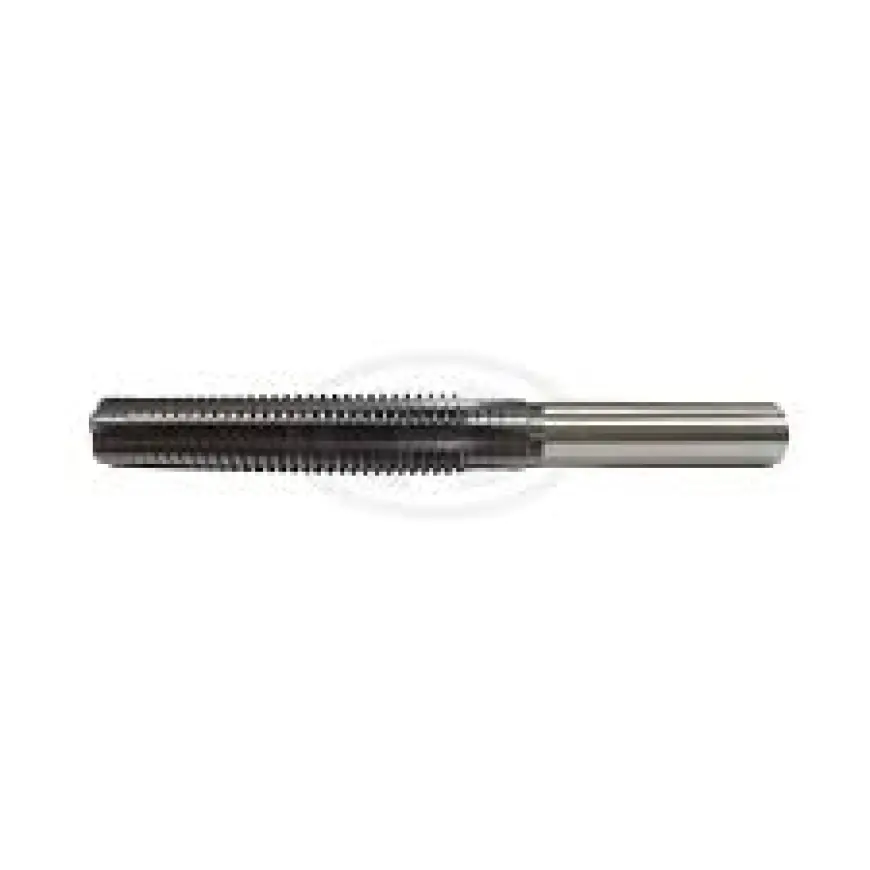Expert Tips for Maintaining Your Acme Thread Taps
Discover expert tips to maintain your Acme thread taps for longer life and precision. Learn cleaning, storage, lubrication, and inspection best practices with Gaugestools.

Acme thread taps are essential tools in machining and manufacturing, widely used for creating precise screw threads with strength and durability. Known for their wide, trapezoidal thread profile, Acme threads are often found in industrial machinery, lead screws, vises, and heavy-duty equipment. To ensure your Acme thread taps perform efficiently and last longer, proper care and maintenance are crucial. Neglecting them not only shortens their lifespan but also leads to poor thread quality, increased downtime, and higher replacement costs.
At Gaugestools, we understand the importance of keeping your threading tools in top condition. In this blog, we’ll share expert tips for maintaining your Acme thread taps so you can maximize their accuracy, efficiency, and durability.
1. Clean Your Taps After Every Use
One of the simplest yet most useful maintenance practices is cleaning. After each use, remove chips, oil, and debris from your Acme thread tap. Assembled chips can damage cutting edges and impact the precision of your threads. Use a soft brush or compressed air to clear away particles. Avoid using harsh abrasives, which can dull the cutting edges prematurely.
Regular cleaning not only prevents tool wear but also ensures that the tap is ready for its next application without delays.
2. Store Acme Thread Taps Properly
Improper storage can lead to unnecessary wear and tear. Always keep your Acme thread taps in protective cases or tool holders to prevent contact with other metal tools, which may cause chipping or surface damage. Store them in a dry, organized environment to avoid exposure to moisture, which can lead to corrosion.
At Gaugestools, we recommend using labeled storage racks or cases so you can quickly identify the right tap size and type, saving time and preventing accidental misuse.
3. Apply the Right Cutting Fluids
Lubrication plays a vital role in extending the life of your Acme thread taps. Cutting fluids reduce friction, heat, and tool wear while ensuring smoother cutting action. Depending on your material—steel, aluminum, brass, or stainless steel choose the appropriate fluid recommended for threading.
Using the wrong or insufficient lubrication can lead to chip buildup, broken taps, and rough threads. A small investment in the right cutting fluid can save significant costs in the long run.
4. Use the Correct Tap for the Material
Not all Acme thread taps are designed for the same materials. Using a tap on a harder material than it was intended for can cause breakage and rapid wear. Always select the right tap material and covering based on your workpiece. By matching your tap to the job, you’ll achieve higher efficiency and longer tool life.
5. Avoid Excessive Force During Operation
Over-tightening or forcing the tap through a material can lead to chipped edges or broken taps. Let the tool do the work. Always back off slightly every few turns to break the chip and clear debris before continuing. This technique not only reduces tool stress but also produces cleaner, more accurate threads.
6. Inspect Taps Regularly for Wear
Routine inspections help to observe early signs of wear or damage. Check for dull edges, chipped teeth, or uneven wear. A worn Acme thread tap produces poor-quality threads and increases the risk of tool failure.
If you notice excessive wear, replace the tap immediately. Attempting to extend its life beyond safe usage can damage your workpiece and result in costly downtime.
7. Calibrate and Check with Gauges
For industries where precision is critical, pairing your Acme thread taps with thread plug gauges or ring gauges ensures accuracy. Regular checks with gauges confirm whether your tap is cutting to the required specifications. This practice helps maintain consistency across production batches and prevents costly rework. At Gaugestools, we provide a wide range of high-precision thread gauges to complement your Acme thread taps.
8. Train Operators on Proper Handling
Even the best-quality Acme thread taps can fail quickly if mishandled. Training your team on correct usage, cleaning, and storage practices reduces tool misuse and accidents. Simple awareness, like knowing when to lubricate or how to clear chips, can make a huge difference in tool longevity.
9. Invest in Quality Tools
Lastly, quality matters. Cheaper alternatives may seem cost-effective upfront, but they wear out faster, break more easily, and compromise accuracy. Investing in high-quality Acme thread taps from a trusted supplier like Gaugestools ensures long-term reliability, reduced maintenance needs, and better performance.
Final Thoughts
Maintaining your Acme thread taps doesn’t need complicated steps it’s about consistency and care. By cleaning after use, storing correctly, using the right cutting fluids, and inspecting regularly, you can significantly extend the life of your tools while achieving precise and reliable threading. Contact Gaugestools, we specialize in premium-quality Acme thread taps and gauges designed for professionals who demand accuracy and durability. With the right practices and reliable tools, your manufacturing process can remain smooth, efficient, and cost-effective.
What's Your Reaction?
 Like
0
Like
0
 Dislike
0
Dislike
0
 Love
0
Love
0
 Funny
0
Funny
0
 Angry
0
Angry
0
 Sad
0
Sad
0
 Wow
0
Wow
0
















































